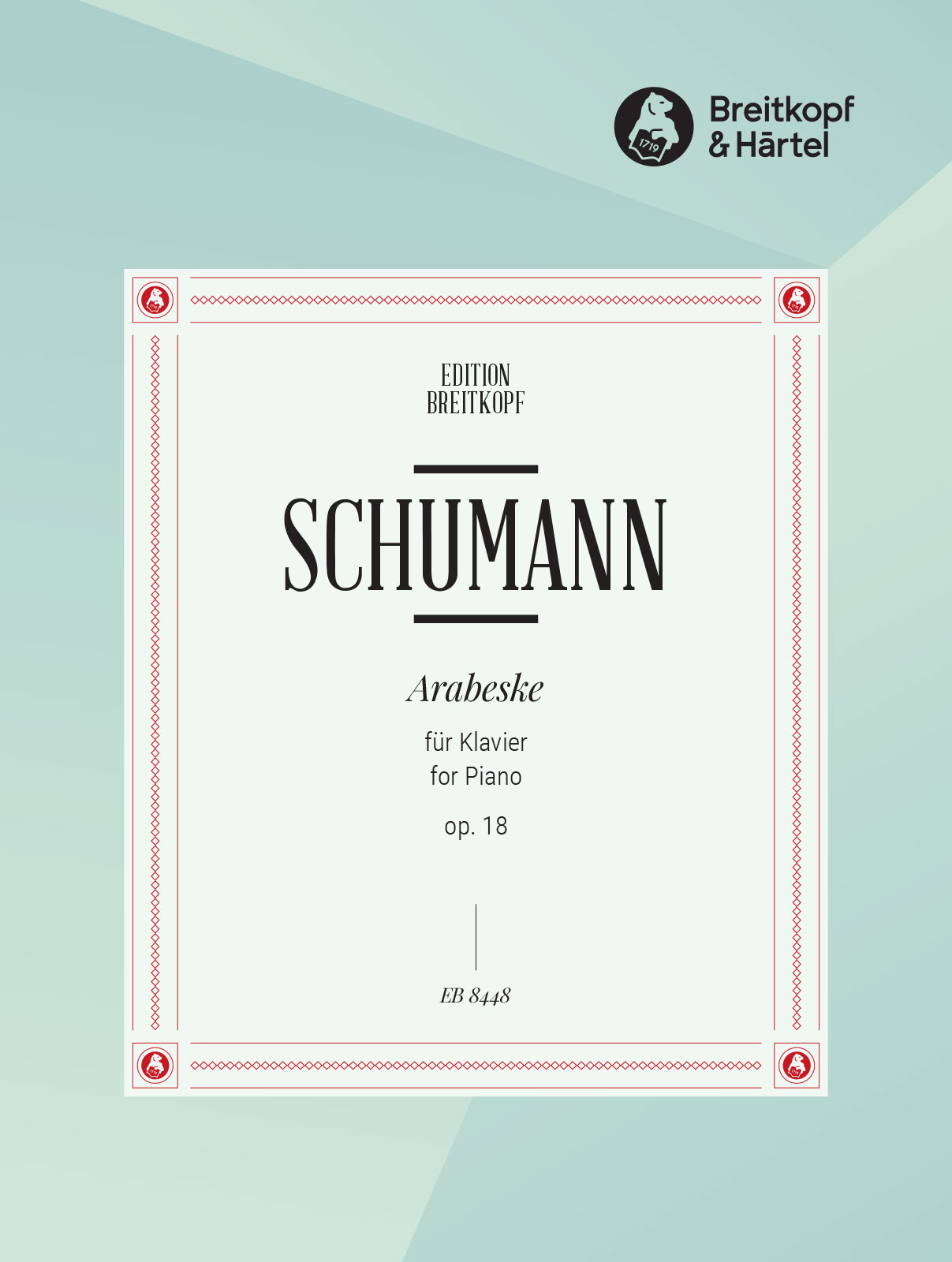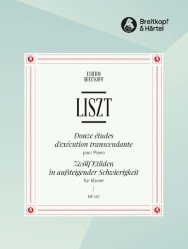Arabesque Op. 18

Composer: Schumann, Robert
Instrumentation: Piano
Editor: Draheim, Joachim
Publisher Breitkopf and Hartel
Since no autographic sources of Arabesque Op. 18 have been found, it is difficult to determine the exact date of composition. Whereas the end-paper of Schumann's…
Digital Download – PDF
Shipping costs: No shipping
R.R.P £9.00
Our Price: £7.65




